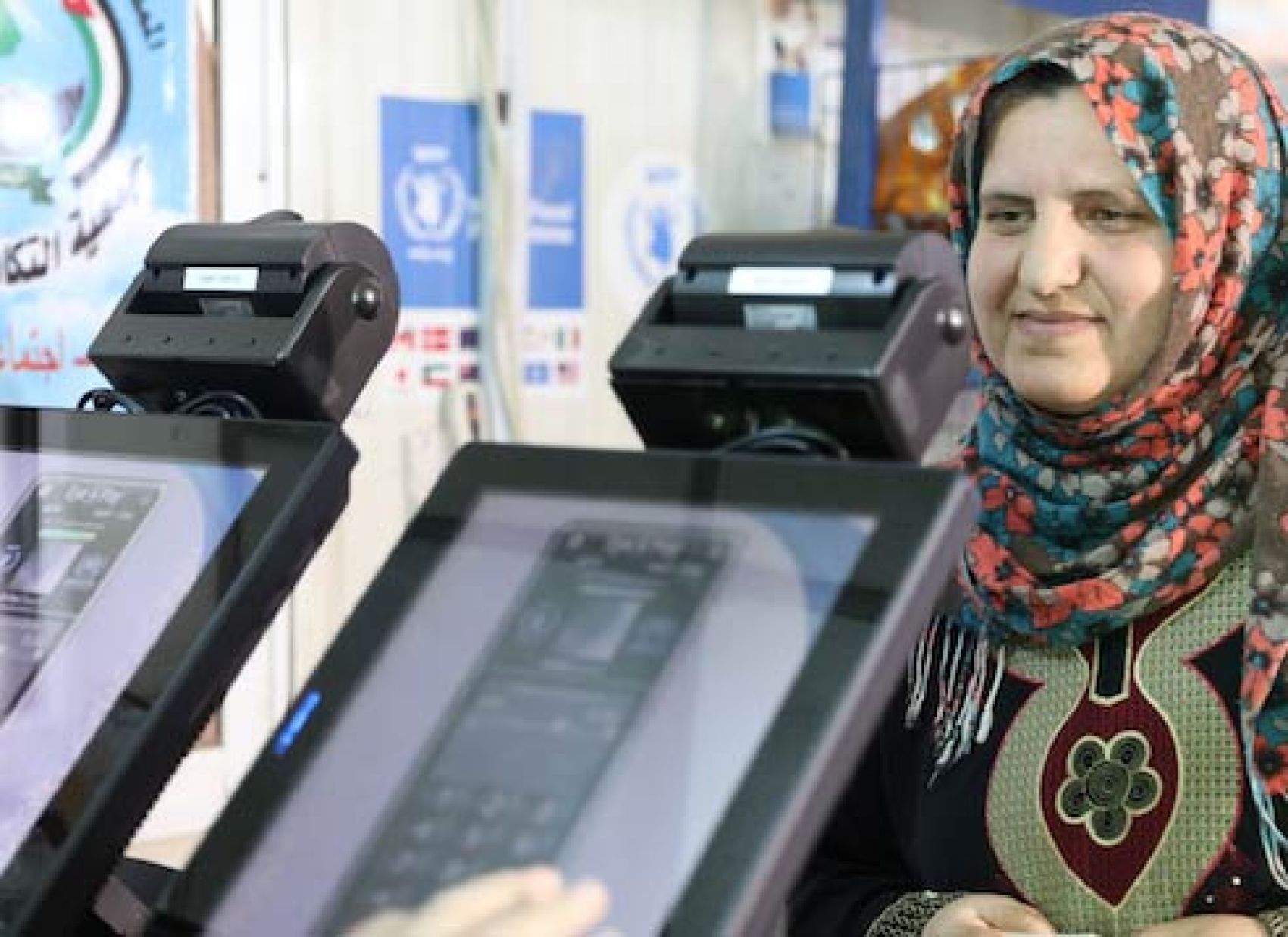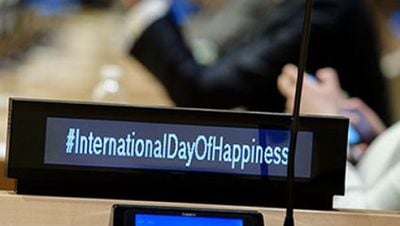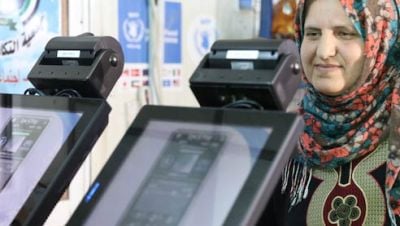On February 6th, a Forbes list identified the 10 richest “Bitcoin billionaires”. By the time the list went online, most on the list were not billionaires anymore.
While cryptocurrencies, Bitcoin being the best known, have recently caught everyone’s attention, this piece looks at the underlying blockchain technology, and how it might revolutionize many development challenges.
What is a blockchain?
Cryptocurrencies are, essentially, digital records stored on computers. They differ from ordinary bank accounts, which are also nothing but digital records, because they don’t reside in the servers of any particular financial institution. Instead, Bitcoin transactions are documented in a public ledger – or blockchain – that is distributed in many places. This is important because in this set up, the work of facilitating transactions and validating identity are no longer the exclusive domain of governments or financial institutions. As a result, many believe cryptocurrencies have the potential to become democratizing and equalizing forces.
By using cryptographic tools (hence the name), a broad network of computers and programmers is able to provide the same – or greater – level of security as provided by traditional financial institutions. But power and influence is no longer concentrated in the hands of a few corporations.
The underlying concept of a blockchain, or decentralized public ledger, collectively maintained by a network of participants, is key. There is now a massive interest in blockchain 2.0 projects, which use a blockchain ledger to record things other than currencies.
Why are blockchains important?
Let’s take a step back. Recording transactions, and other events, is an integral component of much of human activity and it is hard to imagine modern economies operating without underlying systems of verification, validation and record keeping. Blockchain offers new ways to validate and record transactions, and is inspiring interesting applications.
Blockchain technologies are being tested in the most urgent development contexts. Refugees, for example, tend to have lost not just their homes but also often their paperwork, including identification. Through blockchain, their identity, once established, can no longer be lost. The World Food Programme is using biometric registration data from United Nations High Commissioner for Refugees, allowing refugees to purchase food in refugee camps using a retina scan instead of cash or vouchers.
Leveraging blockchain technology has two main development potentials – reach and cost-cutting. Blockchain can go where there are no banks and no services. A person with a phone number or an email address can be given a digital identity to make secure digital transactions including receiving money and making payments. And, by eliminating the need for bank accounts and intermediaries, blockchain can significantly bring down the costs of transactions, including remittances and aid.
Blockchain technologies are being explored in many settings. They can be used for providing government services that involve the handling and management of public documents, which can be hard to obtain, especially in developing countries. Blockchain could also benefit other areas which rely on records, such as health services. The UNDP Alternative Financing Lab highlights blockchain based innovations in Serbia, Moldova and other countries.
Another promising use is the ability to indelibly record property rights. In countries with weak governance and record-keeping systems, there can be difficulties in proving who owns land. Blockchains are able to publicly record land title. In Ghana for instance, a local not-for-profit startup, Bitland, is using blockchain to manage land titles and settle land disputes. Bitland is working closely with local institutions to solve issues that have been outstanding for decades. While in India, where 70 percent of district civil disputes are land related, UNDP is partnering to build a land registry using blockchain. The government think tank, NITI Aayog, is preparing a strategy for the use of blockchain technology in areas such as land records and electronic health records.
Although the interest from governments and development organizations is exploding, there remain a number of challenges to blockchain becoming a development silver bullet. First a strong system to record and store transactions is not the same as the delivery of a service or the guaranteeing of a right. For example, it is unclear that blockchain registries of land titles solve underlying uncertainties often caused by weak institutions. Merely presenting a technology that can be used to record claims means little unless there are strong legal institutions that recognize the recorded blockchain claims, and strong conflict resolution and other mechanisms are in place.
Second, there is the digital divide: it is the most marginalized, the poor, women, rural populations, and the displaced, who are the least likely to have access to reliable internet connections. It seems unlikely that people who are deprived in terms of human development will be able to seamlessly run software to benefit from the technology or ultimately, participate in the network as service providers.
It is not clear that developing countries can take advantage of this new technology to leapfrog in some way. Indeed they are arguably at a disadvantage – when it comes to infrastructure – in being able to use this technology. Granted, this is a problem not unique to blockchain, but it does mean that a big development windfall seems unrealistic. At the same time, understanding the technology and engaging with it as it develops, is indispensable.
The HDialogue blog is a platform for debate and discussion. Posts reflect the views of respective authors in their individual capacities and not the views of UNDP/HDRO.
HDRO encourages reflections on the HDialogue contributions. The office posts comments that supports a constructive dialogue on policy options for advancing human development and are formulated respectful of other, potentially differing views. The office reserves the right to contain contributions that appear divisive.
Photo: WFP/ Mohammad Batah; Hamda, a Syrian refugee from Daraa, looks into the iris scan camera, allowing her to purchase food items instead of using cash, vouchers or e-cards.


